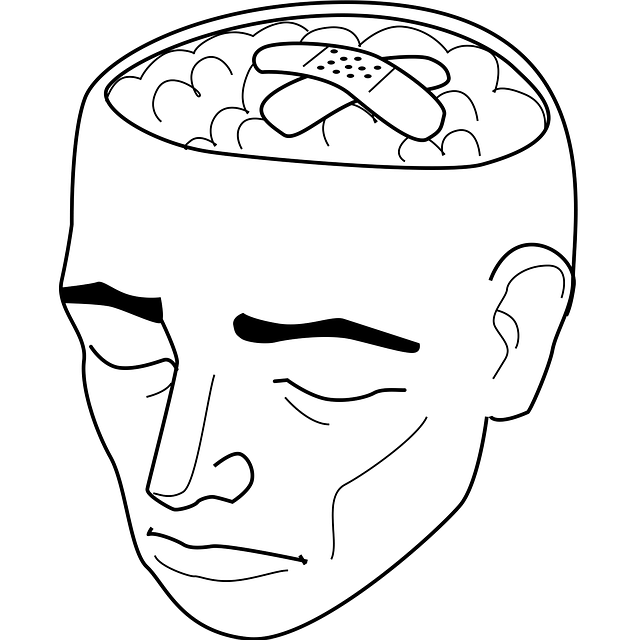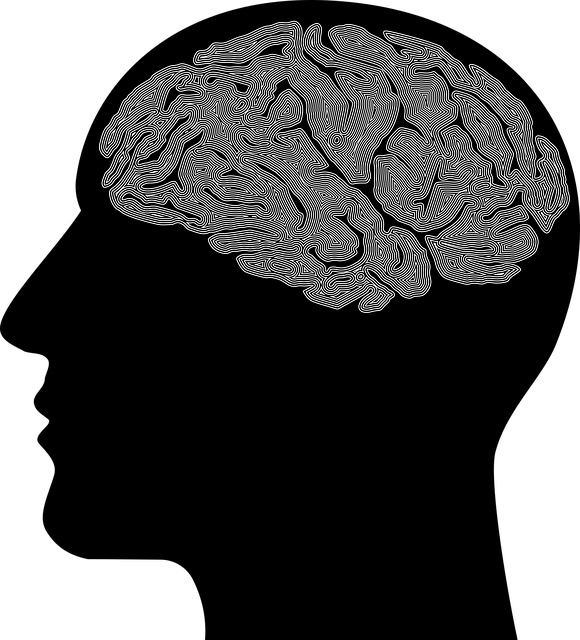Burnout among healthcare professionals, including Lafayette Codependency Therapy (LCT) specialists, is a growing concern impacting well-being, patient care, and system performance. Driven by high workloads, long hours, and pressure to deliver quality care, burnout manifests as emotional exhaustion, depersonalization, and reduced personal accomplishment. Early recognition is crucial for implementing prevention strategies like mental wellness podcasts and self-care routines. Encouraging mindfulness, exercise, and healthy boundaries can improve self-esteem and resilience against burnout, enhancing coping abilities and patient care. LCT offers a revolutionary approach by addressing codependent behaviors and emotional dynamics to combat burnout's core causes, complementing programs like Depression Prevention and Mental Wellness Podcast Series Production.
Healthcare provider burnout is a growing concern, impacting patient care and well-being. This article explores effective strategies to prevent and manage burnout among healthcare professionals. We delve into understanding the root causes, identifying red flags, and highlighting self-care practices. Furthermore, it introduces Lafayette Codependency Therapy as a powerful tool for managing stress and fostering resilience in medical settings. By implementing these strategies, healthcare providers can enhance their well-being and improve patient outcomes.
- Understanding Burnout Among Healthcare Providers
- Identifying Red Flags: Recognizing the Signs of Burnout
- Effective Strategies for Prevention and Self-Care
- The Role of Lafayette Codependency Therapy in Burnout Management
Understanding Burnout Among Healthcare Providers

Burnout among healthcare providers is a growing concern, impacting not only individual well-being but also patient care and overall healthcare system performance. It’s characterized by emotional exhaustion, depersonalization, and a sense of reduced personal accomplishment. This phenomenon is often driven by high workload, long hours, and intense pressure to deliver quality care in an increasingly complex healthcare environment. Healthcare professionals, especially those like Lafayette Codependency Therapy specialists who deal with sensitive cases, may struggle with emotional fatigue due to the constant exposure to trauma or distressing patient stories.
Recognizing burnout early is crucial for implementing effective prevention strategies. Mental wellness podcast series production and self-care routine development for better mental health are valuable tools. Encouraging professionals to prioritize self-esteem improvement through mindfulness practices, regular exercise, and healthy boundaries can foster resilience against burnout. By integrating these strategies into their daily lives, healthcare providers can enhance their ability to cope with work pressures, maintain a positive outlook, and ultimately, provide the best possible care to their patients.
Identifying Red Flags: Recognizing the Signs of Burnout

Burnout is a growing concern within healthcare, with professionals often facing high stress and long working hours. Recognizing burnout early is crucial for effective prevention. Healthcare providers may exhibit various signs, from increased irritability and fatigue to decreased patient satisfaction and productivity. These ‘red flags’ can be subtle but significant indicators of an underlying issue.
For instance, a shift in attitude towards work, such as apathy or cynicism, coupled with physical symptoms like chronic headaches or sleep disturbances, could suggest burnout. Lafayette Codependency Therapy offers valuable insights here, emphasizing the importance of self-awareness and coping skills development to address these signs proactively. Encouraging healthcare workers to prioritize self-care practices and inner strength development is essential for maintaining resilience against burnout.
Effective Strategies for Prevention and Self-Care

Preventing burnout among healthcare providers is a multifaceted approach that involves both professional strategies and self-care practices. One effective method is incorporating therapy, such as Lafayette Codependency Therapy, which helps professionals manage stress, improve communication, and develop healthier coping mechanisms. This form of therapy can be particularly beneficial in reducing codependent behaviors and promoting mental wellness, crucial aspects in mitigating burnout.
Additionally, boosting confidence through ongoing professional development and support networks can significantly enhance resilience against burnout. Mental illness stigma reduction efforts play a vital role here by fostering an environment where healthcare providers feel safe to seek help without fear of judgment. By combining these strategies with a focus on mental wellness, the healthcare industry can create a more sustainable and supportive system for its professionals.
The Role of Lafayette Codependency Therapy in Burnout Management

Lafayette Codependency Therapy (LCT) offers a unique and effective approach to managing burnout among healthcare providers. It recognizes that healthcare professionals often struggle with complex emotions and interpersonal dynamics, which can contribute to stress and exhaustion. LCT focuses on addressing codependent behaviors and patterns within these relationships, fostering healthier connections and boundaries. By exploring these dynamics, healthcare workers can gain insights into their emotional triggers and learn strategies to protect their mental wellness.
Incorporating LCT techniques into a comprehensive burnout prevention strategy is valuable. It encourages self-reflection and promotes the development of coping mechanisms tailored to individual needs. This therapy goes beyond surface-level stress management by targeting the root causes of burnout, such as unhealthy relationships and lack of personal boundaries. Additionally, it complements other initiatives like Depression Prevention programs and Mental Wellness Podcast Series Production, providing a holistic approach to enhancing resilience and confidence among healthcare providers.
Burnout among healthcare providers is a pressing issue, but with the right strategies, it can be effectively prevented. By understanding burnout, recognizing its red flags, and adopting self-care practices, professionals in this field can enhance their well-being. Lafayette Codependency Therapy offers a unique approach to managing burnout by addressing underlying codependent behaviors and promoting healthier relationships. Integrating these therapeutic techniques into one’s routine can significantly contribute to long-term resilience and overall mental health.














